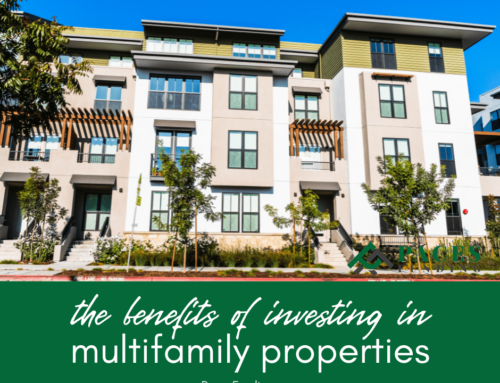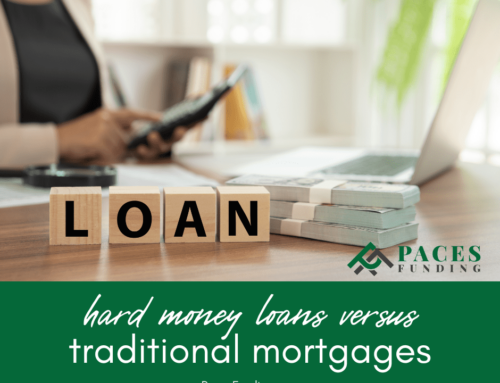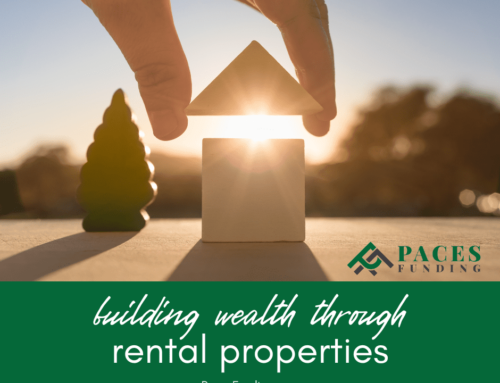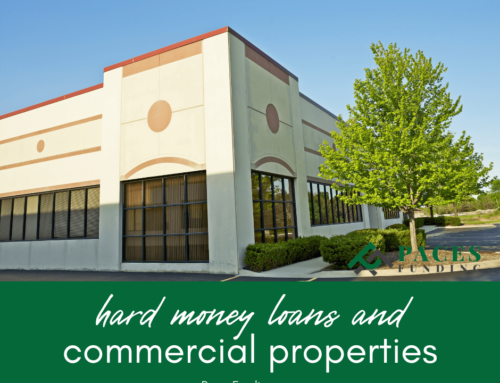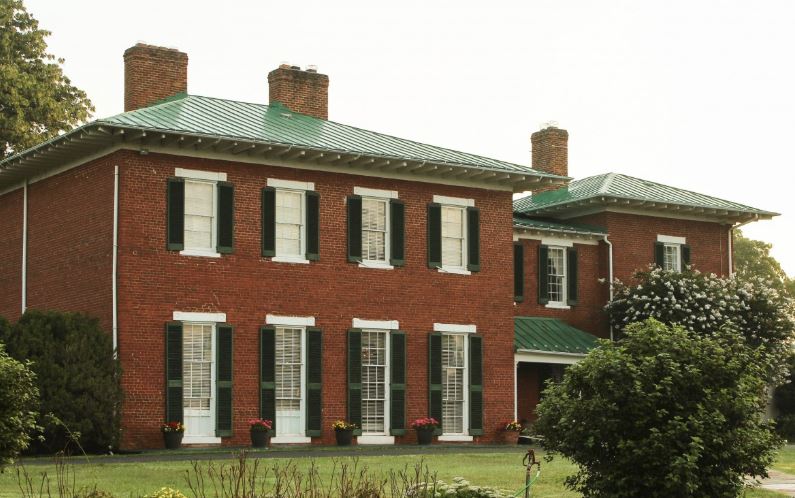
What Construction Codes In Georgia Are Mandatory?
If you’re thinking of picking up an investment property or land to build an investment property in Georgia, you will want to be aware of Georgia’s mandatory construction codes. The state has mandatory construction codes that people have to follow for any structure built there. Some local governments in Georgia may choose not to enforce all of these codes, but technically, they are mandatory. Each of these sets of construction codes usually has a base code it works off of and then a set of amendments specific to Georgia.
Mandatory Georgia Construction Codes
This list of codes includes most of that are mandatory for construction for all structures built in the state:
- International Building Code
- International Fire Code
- International Plumbing Code
- International Mechanical Code
- International Residential Code for One- and Two-Family Dwellings
- International Fuel Gas Code
- National Electrical Code
- International Energy Conservation Code
- International Swimming Pool and Spa Code
Other codes also exist, but those other codes are up to local governments to adopt.
Are You Looking for a Hard Money Loan to Flip a House Or Buy A Rental Property?
Paces Funding is a hard money lender offering hard money loans to purchase and renovate non-owner occupied residential and commercial properties throughout the Atlanta, Nashville, Florida, or the North and South Carolina metropolitan areas. Our application process for hard money loans is easy. Just fill out this very simple online form and you will be contacted shortly. Unlike other lenders, the window between applying and funding is very small. We have funded properties in as a little as one day, but typically funding hard money loans takes about seven to ten days.
Call us at 404-814-1644 or contact us online to find out whether you might qualify for this type of funding. In the meantime, check to ensure that you meet our loan criteria. Our loan amounts can be up to 65 percent of the after-repaired value of the collateral—and if you use the loan for renovation or construction, the loan amount can be based on the collateral’s improved value.



